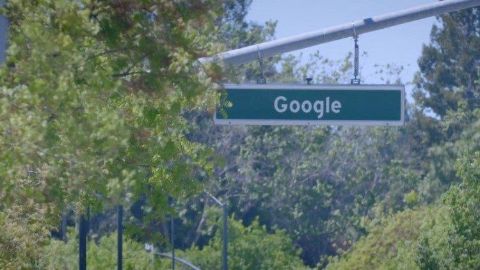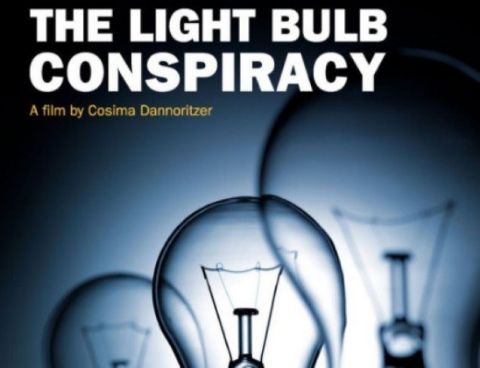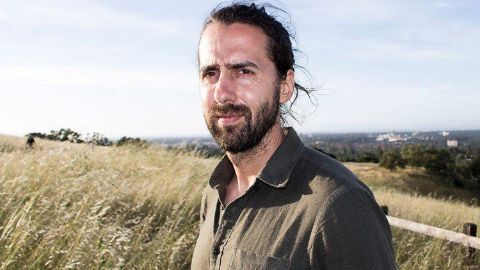Planet Oil • 3 episodes •
From the moment we first drilled for oil, we opened a Pandora's box that changed the world forever. It transformed the way we lived our lives, spawned foreign wars and turned a simple natural resource into the most powerful political weapon the world has ever known. But when exactly did geology turn into such a high-stakes game?
By the early 1950s, a holy trinity of oil, plastics and fertilisers had transformed the planet. But as Professor Iain Stewart reveals, when the oil producing countries demanded a greater share in profits from the Western energy companies, the oil and gas fields of the Middle East became a focus for coup d'états and military conflict.
As we entered the 21st century, the world was guzzling oil, coal and gas like never before. Despite fears of 'peak oil', Professor Iain Stewart discovers that while huge technological advances are helping extend the life of existing oilfields, new unconventional oil and gas supplies like shale gas and tar sands are extending the hydrocarbon age well into the 21st century.








